If you went to Doha this summer, you may have seen some militiamen from Chad. Perhaps at breakfast. For the last few months, 300 downtrodden tribesman, disaffected politicians, and madmen with guns have been staying in the city’s Sheraton Grand hotel, negotiating peace with the Chadian government. Three weeks ago they signed a ceasefire and now, having supposedly agreed not to kill each other, they are back in Chad’s capital, N’Djamena, trying to organise elections. If they can’t, Africa will become home to the world’s largest warzone.
Mahamat Déby leads Chad’s junta and asked for the talks after his father, a dictator of 30 years, was killed by one of the militias. When Déby Jr subsequently seized power, and he said he wanted a ‘national dialogue’ in N’Djamena to finally make peace with his father’s enemies. Before then, he wanted the government and the militants to agree a ceasefire, watched over by the neutral Qataris.
The signatories in Doha were pleased with the deal, but it’s unclear how successful it will be. The largest militia, the Front for Change and Concord in Chad (Fact), founded by dissident Chadian army officers in 2016, and the killers of Déby Snr, refused to sign the agreement. Speaking to me from somewhere in neighbouring Libya, in an interview helpfully arranged by the militia press office, Mahamat Mahdi Ali, the group’s leader, calls the truce a ‘masquerade’. The junta invited pro-government groups to the talks to make his demands look unreasonable, he says. His relationship with the junta worsened when they allegedly executed some of his friends. Eventually, Fact walked out of the talks.
Ali now won’t rule out going to war with the junta again. ‘When we are forced and cornered to defend ourselves and defend democratic values, we will defend ourselves and defend the legitimate aspirations of the Chadian people’, he says.
Chad’s junta has been readying for war with Fact too. They have new Chinese tanks, which they paraded through the capital after president Déby’s assassination. Chadian soldiers post pictures online with new Israeli assault rifles. The military recently bought Turkish Bayraktar drones, and earlier this year officials went shopping for more weapons in the United Arab Emirates.
Outsiders are unlikely to stop Fact and the junta from fighting. France, once the strongest foreign power in the region, have pretty much given up in Africa. Macron has failed to stop jihadi terrorism (he recently ditched a decade-long fight in Mali), and many Africans now want the French out of their continent for good. Some Chadians and western analysts even suggest that France was involved in the late president’s assassination. Macron, they say, thought Déby Snr was turning away from France and building a relationship with Russia. ‘France plays dirty tricks in Africa,’ a think-tanker says, knowingly.
Meanwhile Russia, who are supplanting France in Africa, would probably encourage a conflict. Both sides want the Kremlin’s money and weapons and Fact already has connections to Wagner, the group of mercenaries run by an oligarch close to Putin. Last year the two shared the Al Jufra airbase in northern Libya, and some newspapers report that Wagner even trained Fact fighters. While Ali denies that his group are friendly with the Russians, other militias that are close to Fact don’t. ‘Un grand oui’, replied Frank Banadji, a former leader of the Military Command Council for the Salvation of the Republic, CCMSR, when I asked whether Russia was helpful to his cause. At the same time, Russia has given Chad’s government military support. Last year, on the sidelines of a conference in Moscow, the head of Chad’s army met with Russian officials to discuss the ‘repairing and modernising’ of Chad’s old Soviet weapons.
Fact might not need to start a war. The truce might collapse itself. Officials close to the talks privately slate the agreement, and say lots was left resolved. Prisoner releases, which would have been a basic gesture of goodwill, were shunted onto more negotiations between the junta and the militias. Whether the junta can stand in future elections has also been left unanswered. There’s no commitment in the deal to prosecuting war criminals from the last 30 years of Déby Sr’s rule either, just mention of considering a way to hold them to account.
If a civil war breaks out in Chad, then the Sahel, that strip of Africa between the Sahara desert and the forests near the equator, will be a lost cause. Chad is in the middle of the region, and its neighbours – Libya, Sudan, Niger, Central African Republic and Nigeria – are all fighting some sort of war, insurgency or terror threat. Chad has long kept them apart. If it can’t make peace, the entire Sahel will become a cradle of violence, terrorism and grief. Boko Haram jihadists flooding into Sudan. Sudanese militants meeting Libyan warlords. No stay at the Sheraton will fix that.
Got something to add? Join the discussion and comment below.
Get 10 issues for just $10
Subscribe to The Spectator Australia today for the next 10 magazine issues, plus full online access, for just $10.

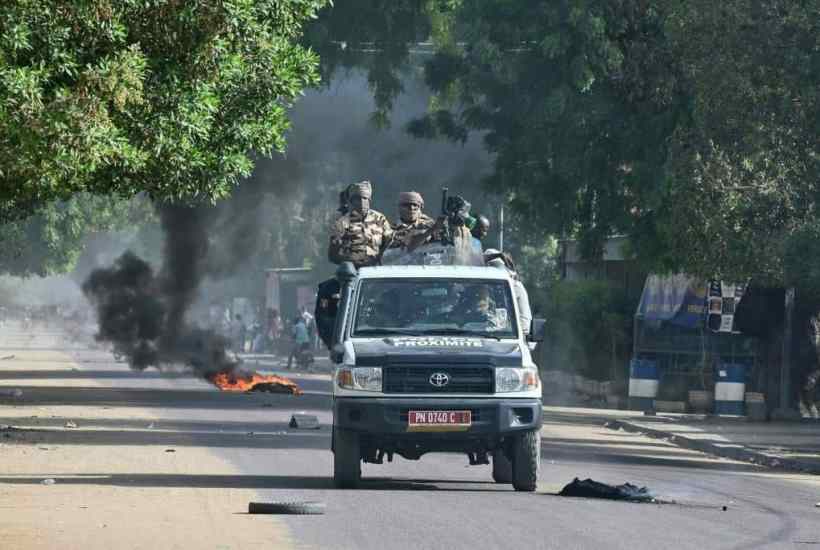
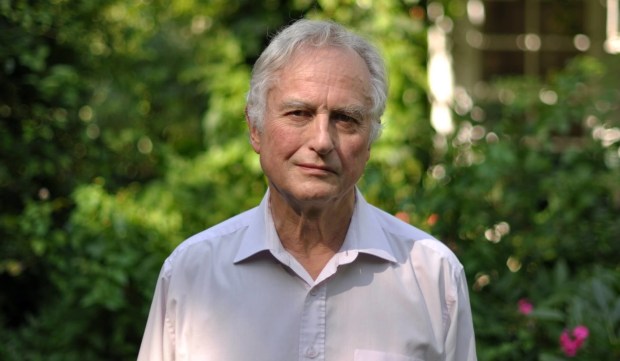

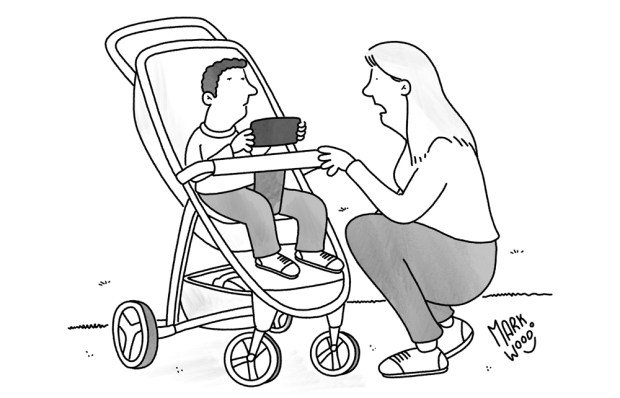
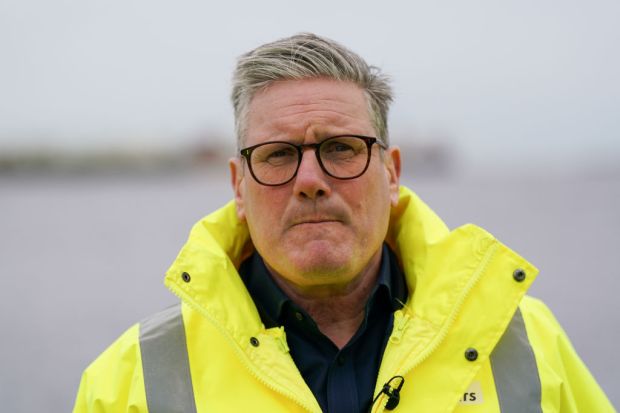
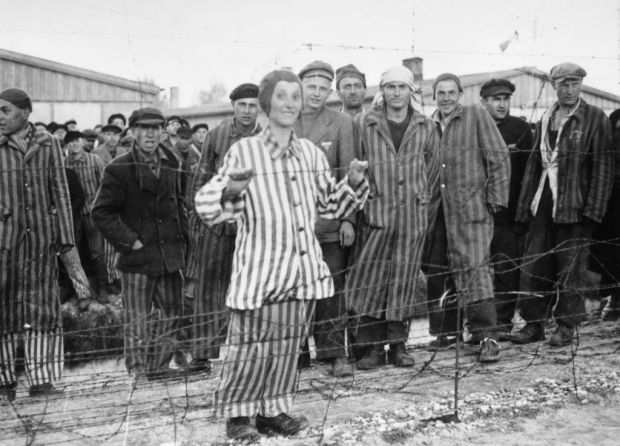
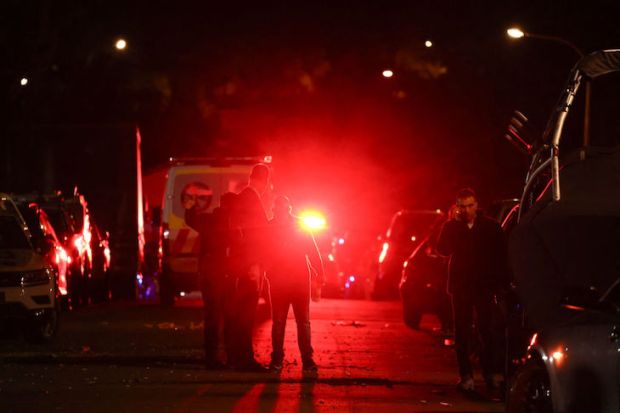












Comments
Don't miss out
Join the conversation with other Spectator Australia readers. Subscribe to leave a comment.
SUBSCRIBEAlready a subscriber? Log in